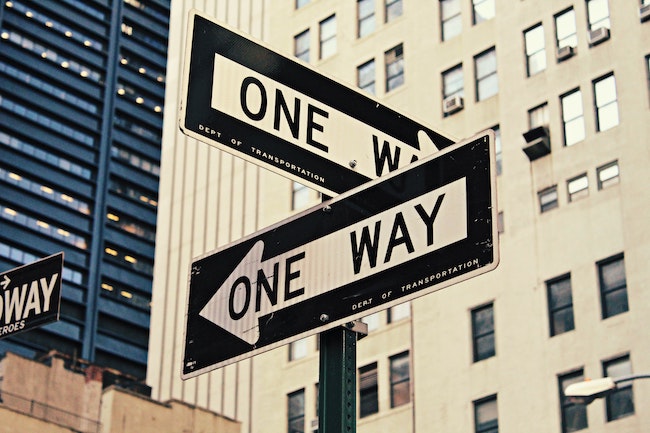
(V’Haya) And it will be, if you hearken to My commandments that I command you this day to love HASHEM, your G-d, and to serve Him with all your heart and with all your soul… (Devarim 11:13)
The Talmud tells us that the expression “V’Haya” introduces a matter of SIMCHA, something to rejoice about, anticipation of good news. On the reverse side the Talmud posits the notion that, “VaYehi” is a foreboding, a warning that storm clouds are on the horizon, trouble is coming.
The Vilna Gaon explains why grammatically this makes sense. “Yehi” – “will be” is future tense. The letter VUV at the beginning reverses the tense from future to past, “and it was”. The explanation is that there are some matters in life that are on the calendar, sitting there in the future like a dentist appointment, a court date, any invasive medical procedure and we wish it was over. The anticipation of it and the experience itself is so distressing that we would like it to be history. So, there it is, in the future tense, hauntingly present and we are looking forward to the time when it will have passed already.
“Haya” – “it was” is past tense and with a VUV in the beginning it is converted to the future, “and it will be”. There are other types of experiences in life that are so pleasant and dear to us that long after they are over, we wish we could carry them forever into the future. That is why people hire photographers and videographers to a wedding or a Bar Mitzvah or any other happy occasion, so that we can bottle and hold on to some part of that delightful experience. That is why we don’t hire a photographer to memorialize a root canal. We wish we could forget the extreme discomfort of one while the other we desire to cherish in perpetuity.
Now, these are not just two ways of describing the situations and circumstances of our lives. They are really two choices and two distinct ways of living our lives. Stephen Covey explains something in his classic time management model that I have found this to be helpful and wonderfully true. It is possible to put everything we do into one of four categories.
1) Matters that are Important and Urgent: This can include all predicaments that suddenly rush to the head of the priority line, like medical emergencies, crises in personal relationships, notification of utilities being shut off, and anything else that must be taken care of immediately.
2) Matters that are Important but not Urgent: This involves studying Torah, exercising, paying bills, spending quality time with those near and dear and anything that, even though it is not pressing and necessary to be done right now, remains a positive and productive habit of doing, and builds and creates a life of accomplishment.
3) Matters Not important but Urgent: This is perhaps more common than we think. It may be prompted by getting a phone call in the middle of dinner, only to find out it’s a telemarketer. Life is filled with and a day is often punctuated by untimely interruptions from people and things that add little import or value to our lives.
4) Matters not Important and not Urgent: How much time is spent or lost on silly games and mindless videos and in incessant prattle that only leave us feeling empty in the end, like eating a giant glob of cotton candy or drinking zero soda.
In which of these four is it most worthwhile to invest the time of our lives? I think every healthy minded individual can agree that number two is the place to be. The more time that is spent in three and four on matters not important, the more one is inviting the experience of number one where suddenly the important things become emergencies – “Vayehi”.
How does one decide what is important? Begin with the end in mind, The last act is the first thought! That is how HASHEM made the world and that is how we shape our priorities. We imagine how we would like to be ultimately thought of and then that informs the values and actions we engage in when living our life.
It’s been said, “Some people make things happen, some watch things happen, and some ask “What happened?”” “V’Haya” is the happier way of making important life decisions.


